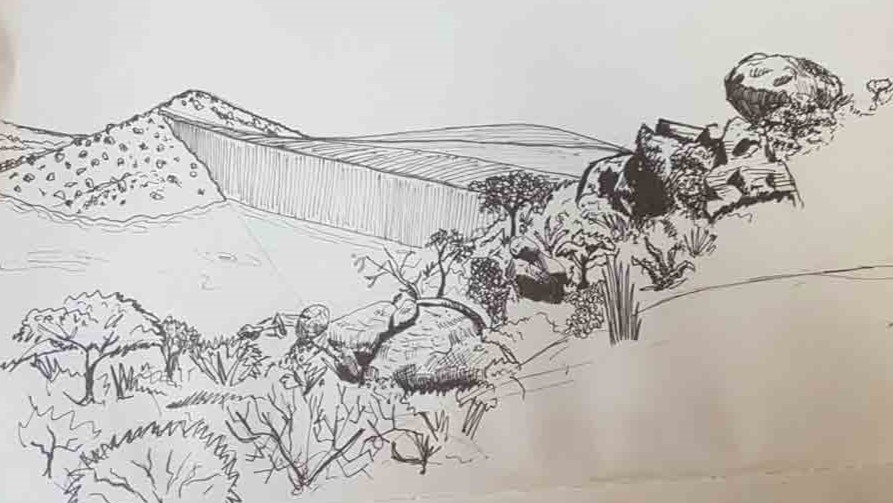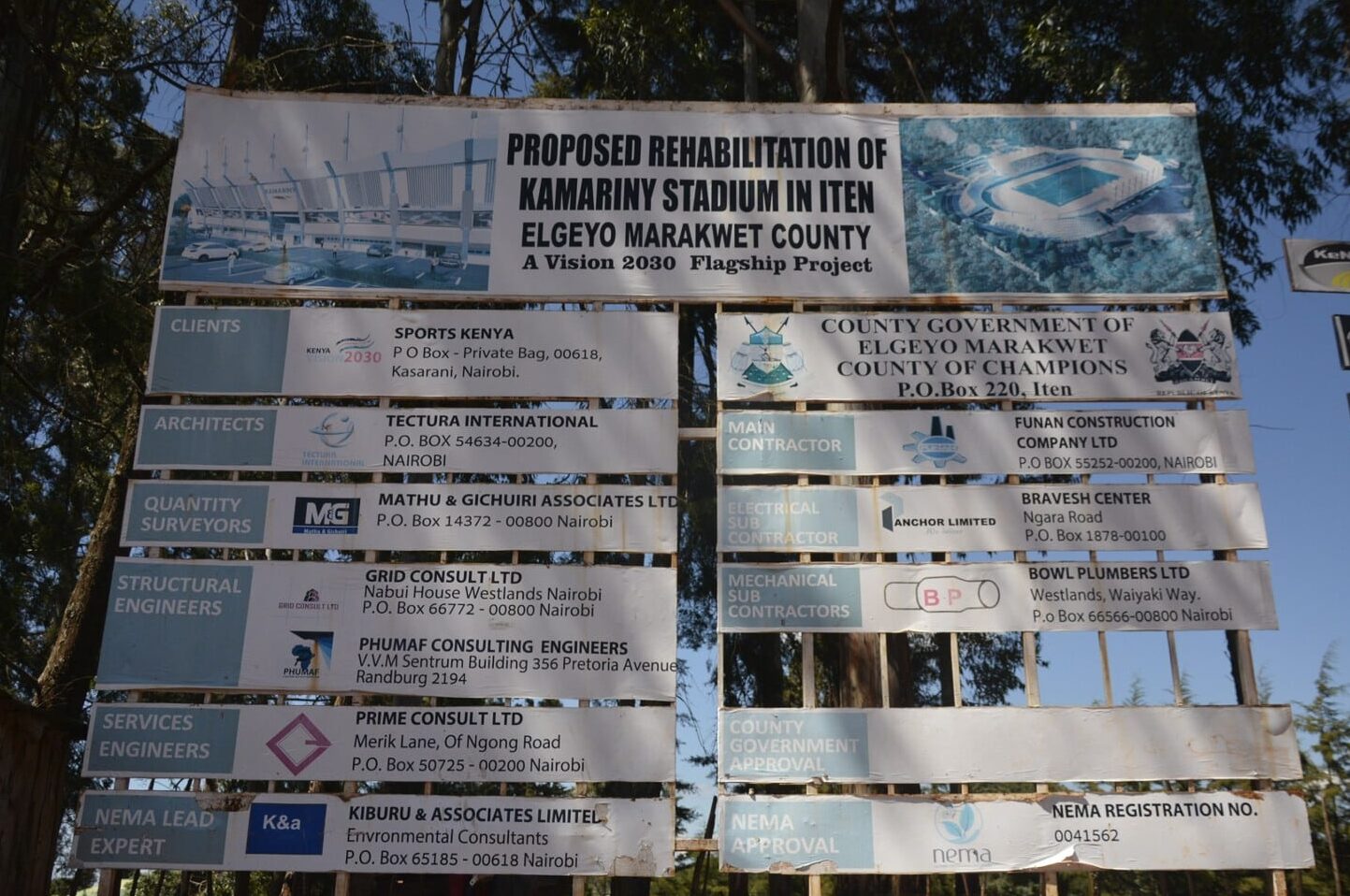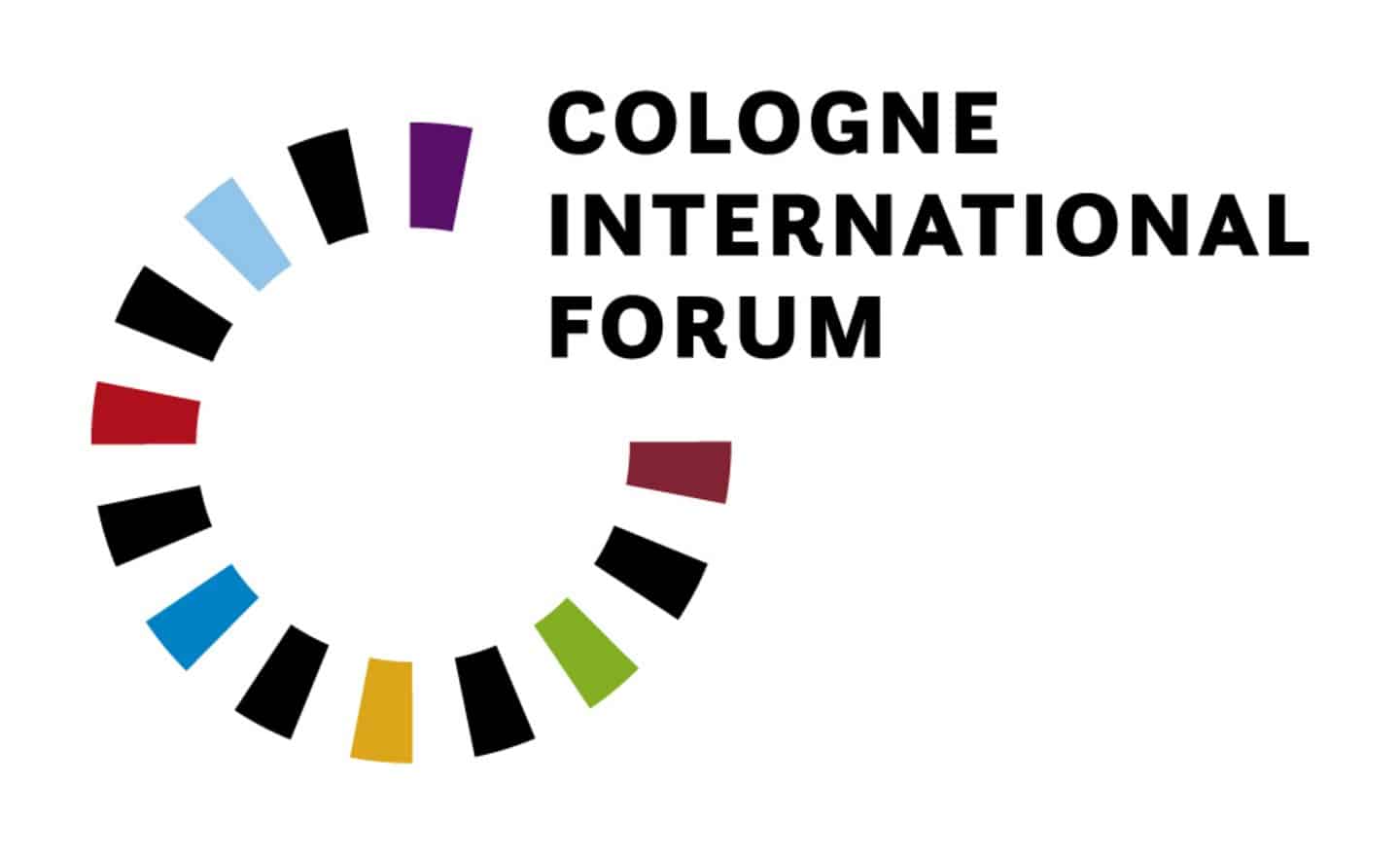By Arne Rieber and Detlef Müller-Mahn (Project C03 Green Futures).
Abstract
State-led infrastructure development plays an increasingly important role in social transformation, especially in the Global South, which is also pushing the topic on research agendas in the social sciences in general and in development geography in particular. However, large infrastructure projects are often not completed as originally planned, and they may even end before implementation. This raises the question of how infrastructure and social transformation are related, especially if plans do not materialize. The paper presents an empirical approach to capturing the co-evolution of these two spheres of change in terms of a ‘political arena of infrastructure development’. The arena is defined as a socially constructed space of contestation and strategic collaboration at an intermediate scale, characterized by a specific composition of temporality, spatiality, and performativity. Its focal point is the infrastructure development project, which characterizes the arena as a site of future-making. By conceptualizing the co-evolution of infrastructure and society in terms of a political arena, we highlight the contestation and strategic alliances of infrastructural futures. The concept offers insights into the contentious politics of infrastructure development, resource conflicts and land-use interventions from a political ecology perspective. We apply the concept to the case of the Crocodile Jaw Dam project in Kenya, which was repeatedly proposed in development plans, but has never materialized to date. Serving as a heuristic, the concept of political arenas of infrastructure development guides the research process, helping to identify key topics and dynamics within the socio-political landscape of infrastructure projects.
Reference
Rieber, A., Müller-Mahn, D. 2024. Political arenas of infrastructure development—the case of a dam project in Kenya. Rev Reg Res (2024). DOI






